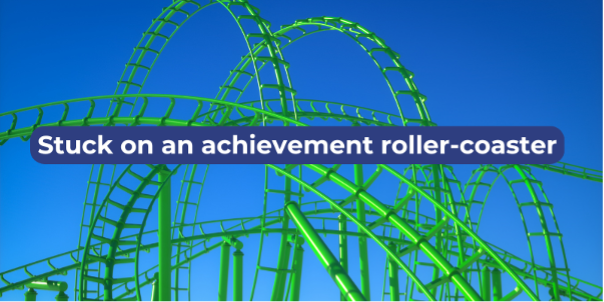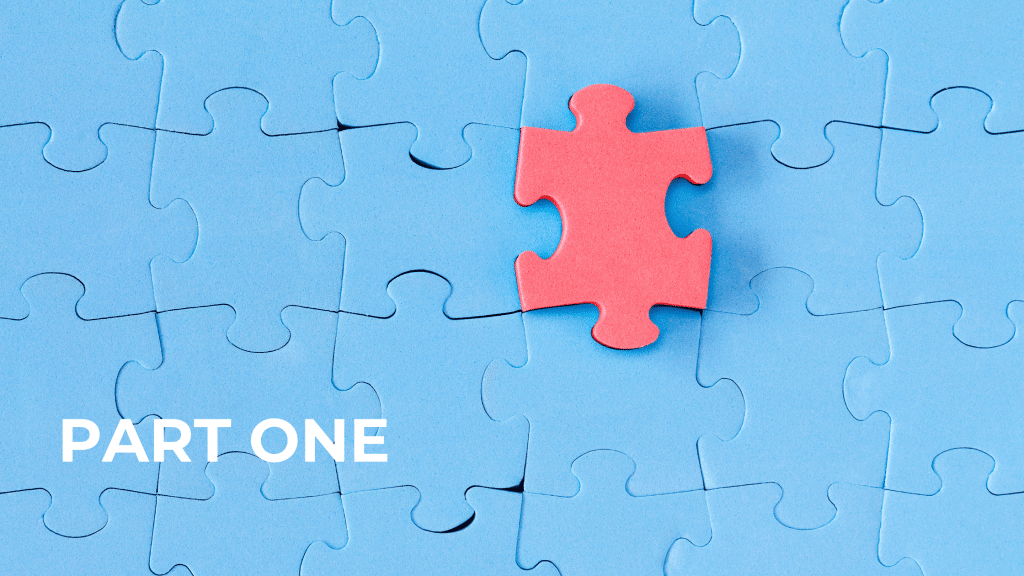Driven.
A word past colleagues would use to describe my approach to work. It may be why complex and challenging work assignments kept coming my way. Each success led to a new challenge.
Being a consistent and reliable performer can be a quick path to promotion when you are in your twenties and early thirties. It certainly hastened my journey up through the ranks.
However, I did not realise my need for achievement was becoming an addiction.
I would experience a high when I achieved a target, but that high did not last. And I was unaware feeling good about myself was utterly dependent on my next achievement.
It became a self-fulfilling prophecy. My bosses expected me to achieve, so I did. I was used to pleasing my parents, so I repeated the pattern. It became a toxic cycle of conditional self-esteem.
Unfortunately, Imposter Syndrome was also a familiar friend.
After winning a scholarship to attend a Women’s Leadership Forum at Harvard Business School, I remember sitting at an invite-only event with over fifty of my work colleagues, feeling inadequate, and wondering how I had gotten there. I felt I didn’t deserve it.
Worse still, that feeling persisted when attending the Leadership Forum with people who paid to attend. After jumping through twice as many selection hoops, those feelings of inadequacy refused to dissipate.
A Chief Executive once said I had good instincts, except when I verbalised my self-doubts. Those feelings of inadequacy could also come across as trying to prove I was the most intelligent person in the room. The real story was that I was trying to convince myself.
Compassion was reserved for other people. I expected more of myself, continually criticising and judging what could have been done better.

I’m sharing this with you because although I did succeed as a leader, that success lacked consistency and came at a high personal cost. Life was full of purpose but lacking in pleasure.
The turning point was realising self-esteem and self-worth are not the same. Being exposed to Dr Kristin Neff’s work on Self-Compassion was life-changing.
Neff says, ‘When you feel compassion for another (rather than mere pity), it means you realise that suffering, failure, and imperfection are part of the shared human experience’.
‘Instead of mercilessly judging and criticising yourself for various inadequacies or shortcomings, self-compassion means you are kind and understanding when confronted with personal failings.’
It is about accepting you are only human. However, self-compassion is not self-pity, self-indulgence or … wait for it … self-esteem.
Unlike self-esteem, self-compassion is available when you fall flat on your face or embarrass yourself. It isn’t dependent on external circumstances – you can always call on it. It’s essential if you want to succeed as a leader consistently.
Neff and her colleagues found that self-compassion has the same benefits as self-esteem without its downsides.

Self-compassion creates the conditions for positive growth so you can leverage your strengths and improve. In comparison, self-esteem draws you toward your weaknesses and a more negative response.
Developing your self-compassion enables you to remain emotionally calm and accept feedback about how others experience you instead of defending your ego and missing an opportunity to improve your leadership.
When you receive feedback, learn to accept how you feel about it by acknowledging many people struggle with the same thing and then forgive yourself. However, remember to act on the feedback.
You can start your self-compassion journey by finding opportunities to be kinder to yourself today.
You can start by trading in the imaginary friend sitting on your shoulder, spewing criticism and self-doubt in your ear, with a new, much kinder imaginary friend.







